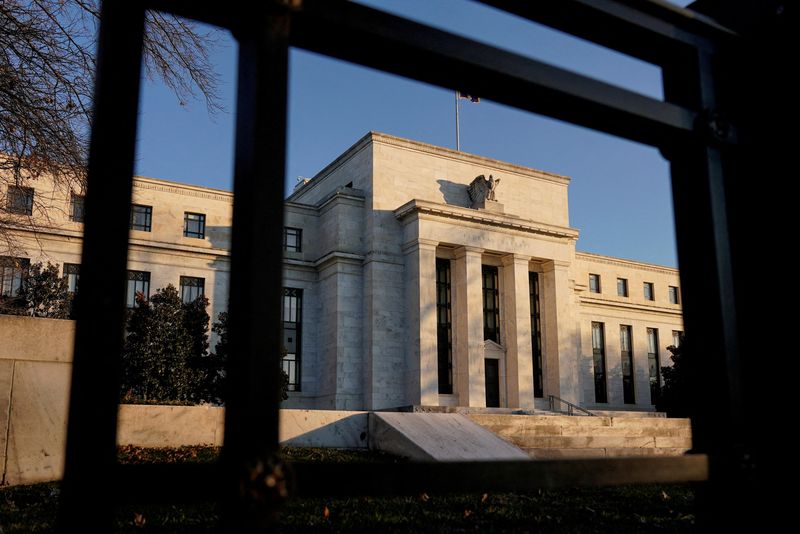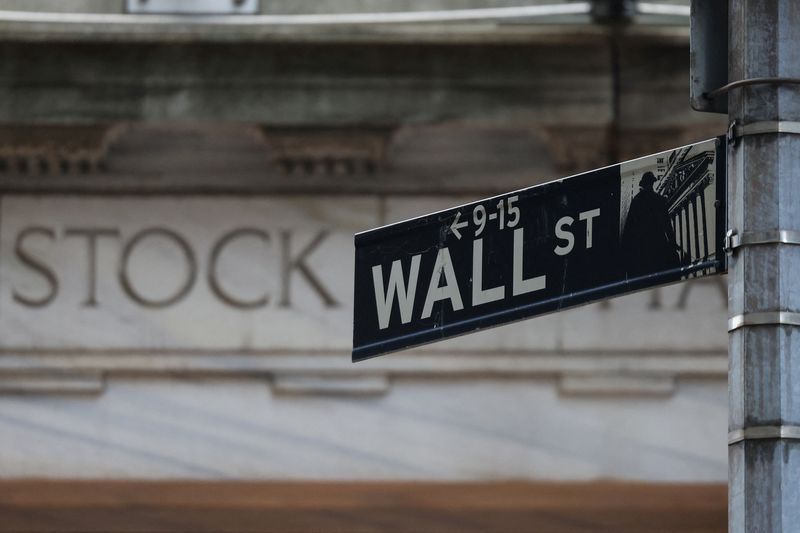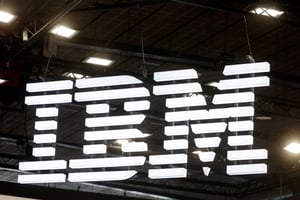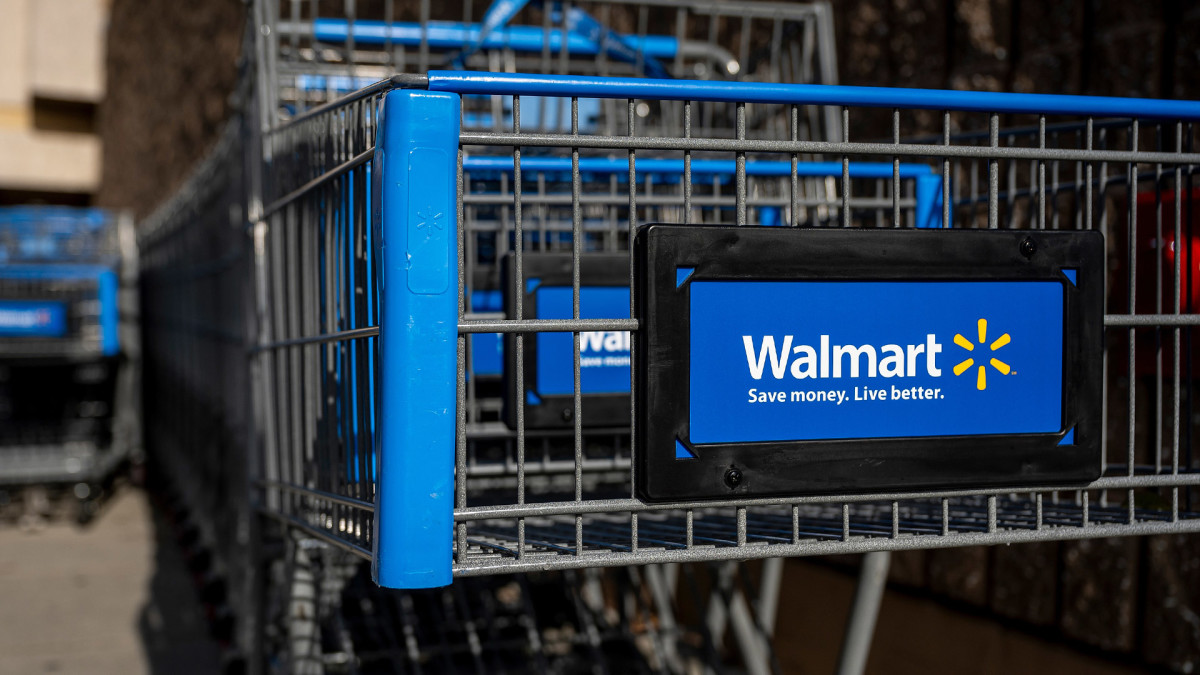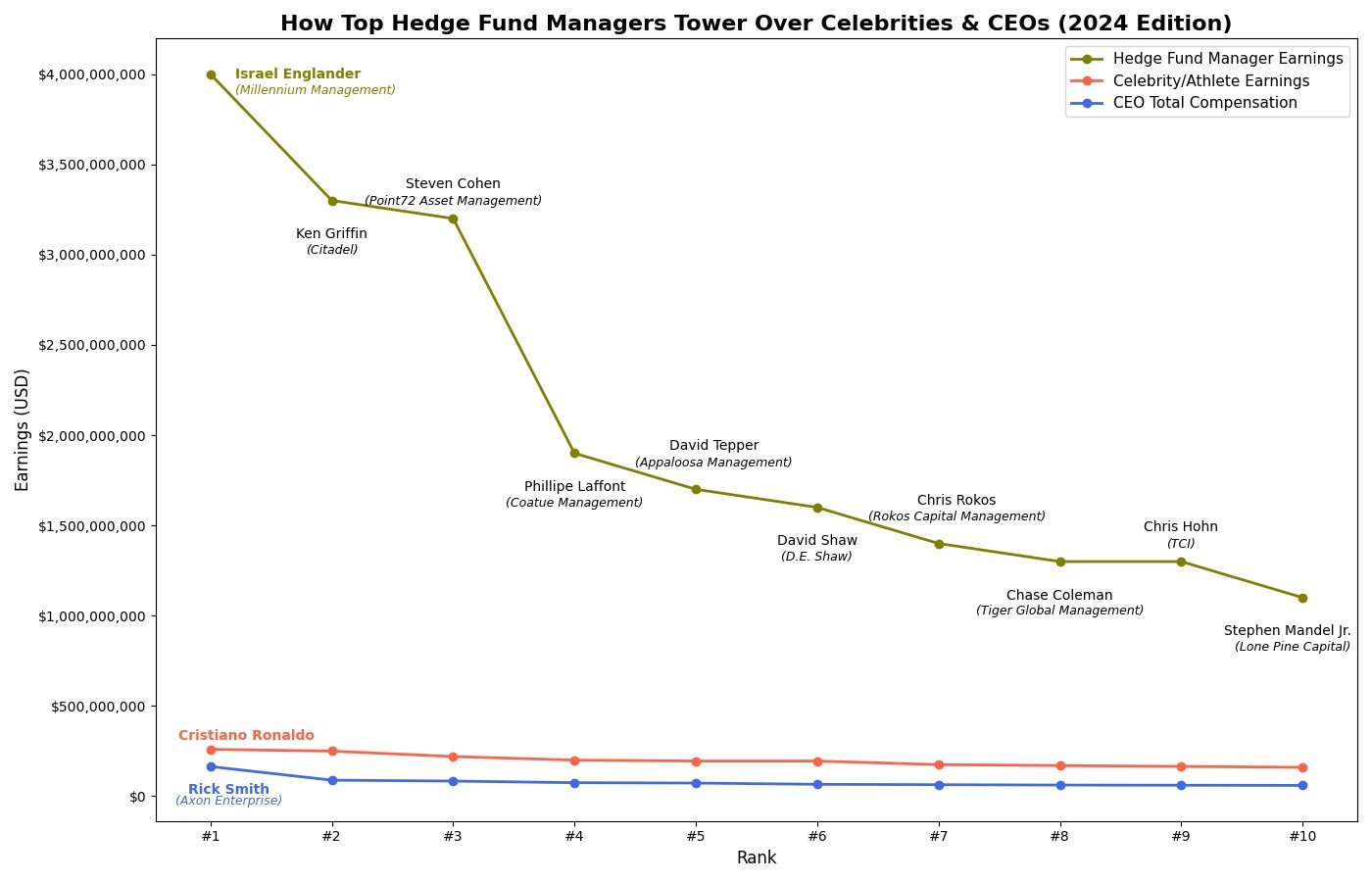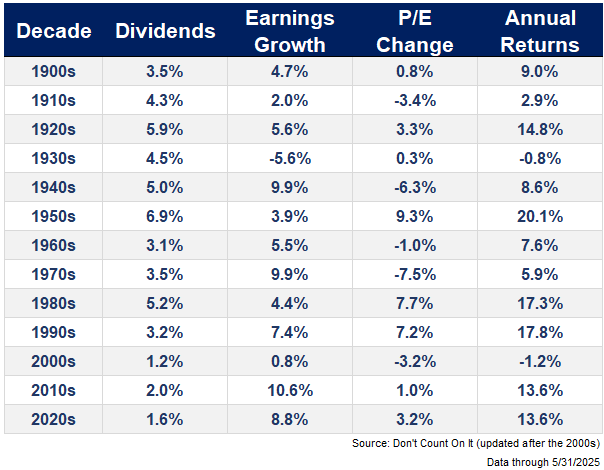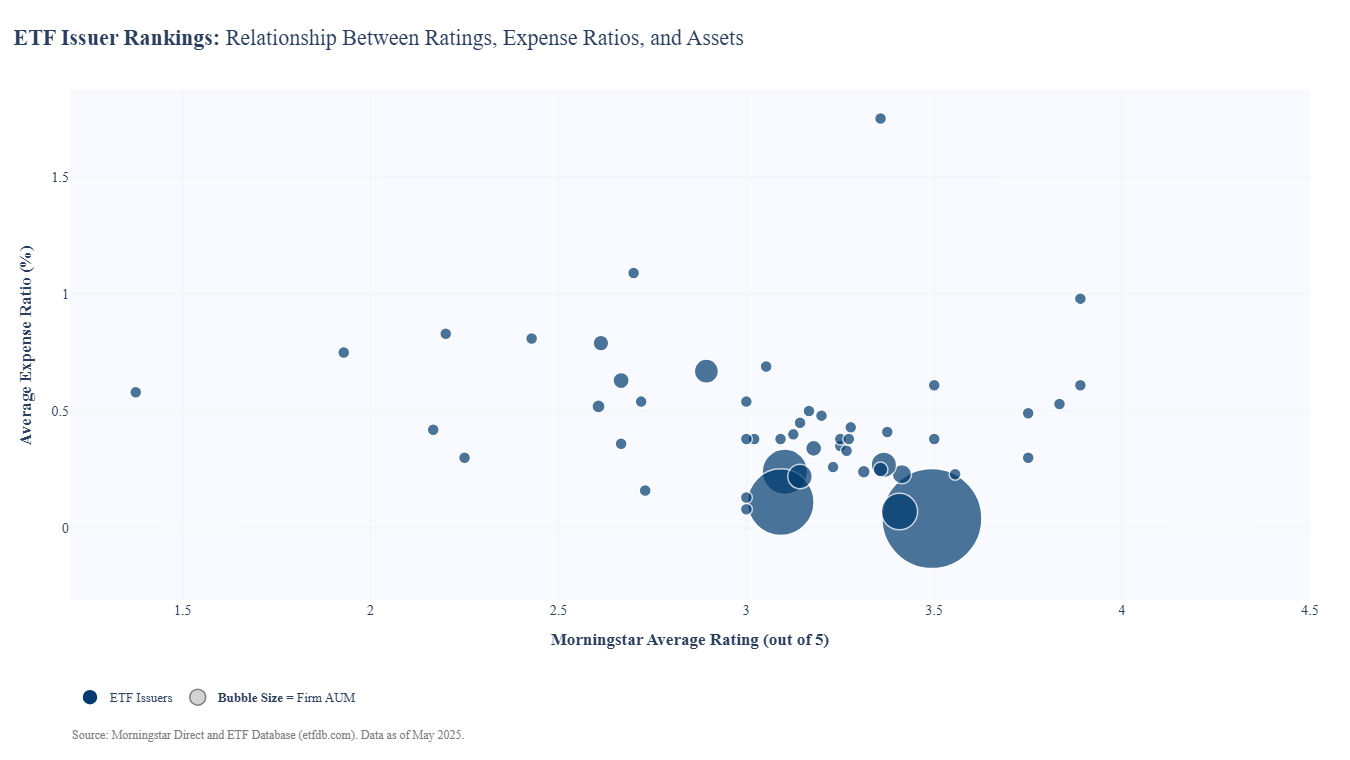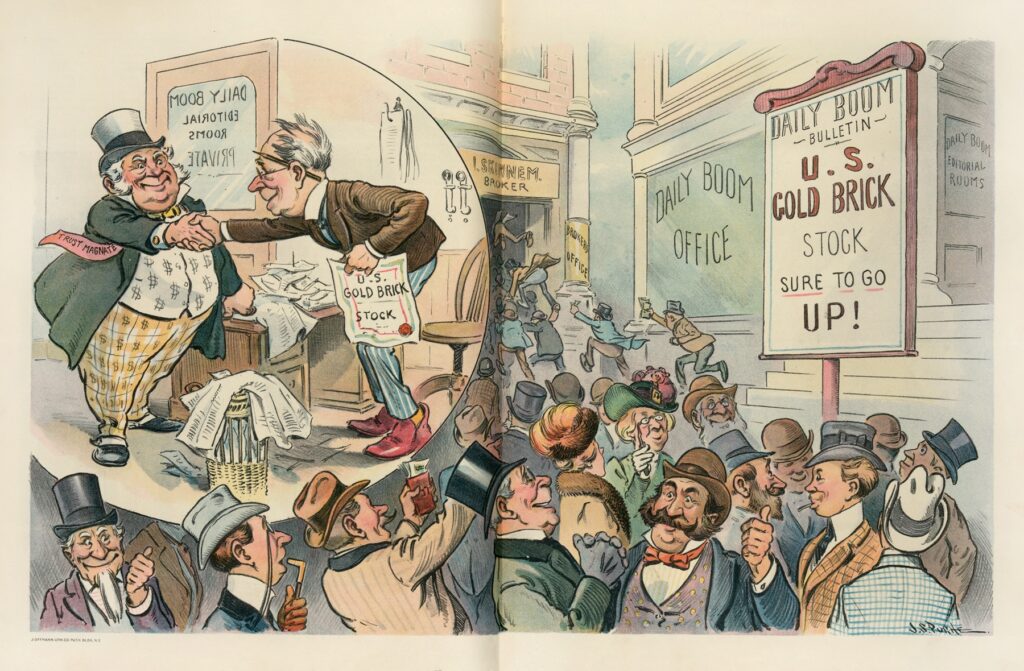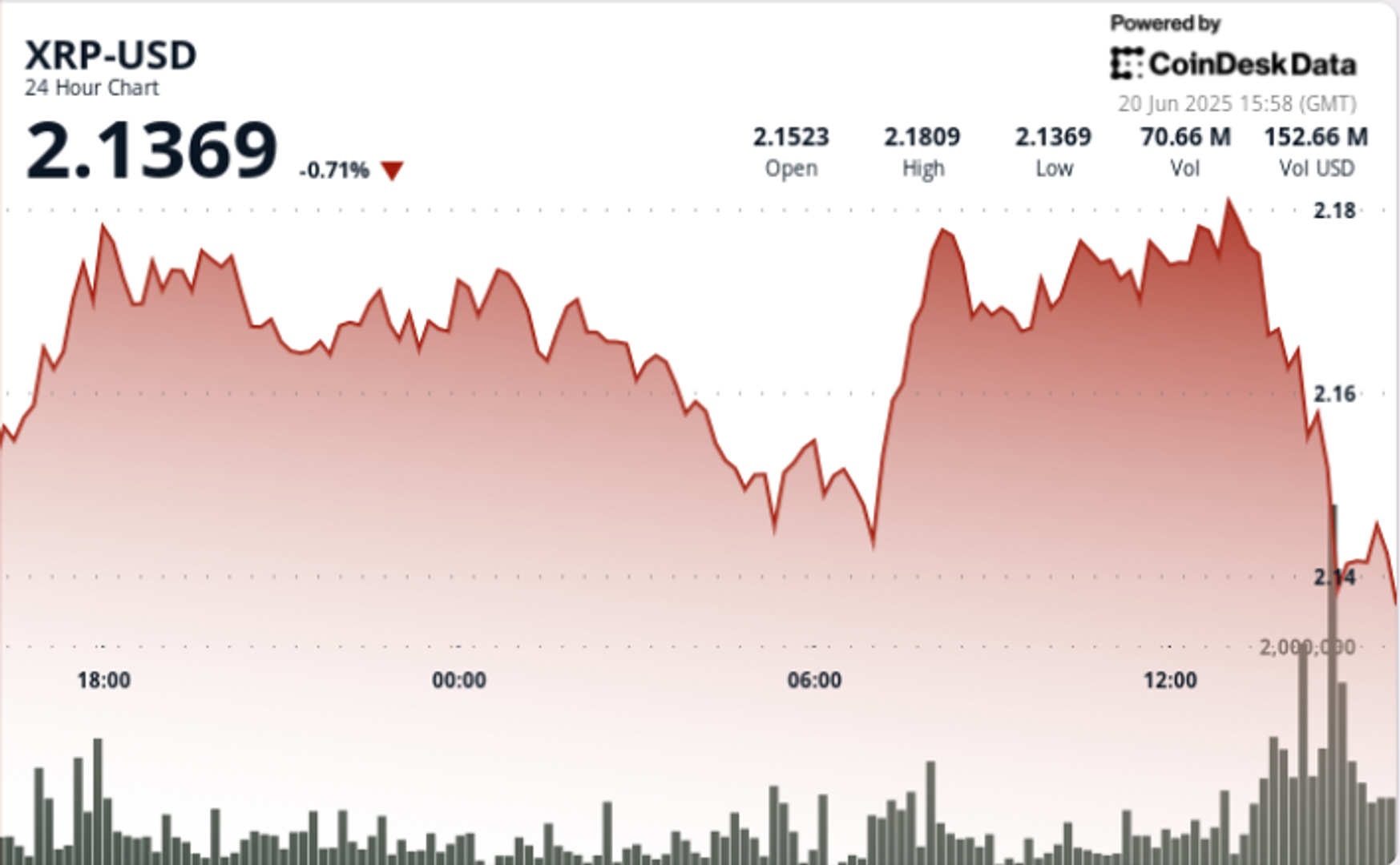Did This Stock Oust Tesla From the Magnificent 7?
The Magnificent Seven Still Powers the S&P 500 The Magnificent Seven have been the S&P 500’s rocket fuel, driving the index to new highs in 2025. Comprised of Alphabet (NASDAQ:GOOG)(NASDAQ:GOOGL), Amazon (NASDAQ:AMZN), Apple (NASDAQ:AAPL), Meta Platforms (NASDAQ:META), Microsoft (NASDAQ:MSFT), Nvidia (NASDAQ:NVDA), and Tesla (NASDAQ:TSLA), their hefty market-cap weightings mean their price swings heavily influence the […] The post Did This Stock Oust Tesla From the Magnificent 7? appeared first on 24/7 Wall St..

A new stock enjoying booming AI-driven growth may be poised to displace Tesla in the Magnificent Seven, signaling a shift toward AI infrastructure leaders.
Nvidia made early investors rich, but there is a new class of ‘Next Nvidia Stocks’ that could be even better. Click here to learn more.
Key Points in This Article:
The Magnificent Seven Still Powers the S&P 500
The Magnificent Seven have been the S&P 500’s rocket fuel, driving the index to new highs in 2025. Comprised of Alphabet (NASDAQ:GOOG)(NASDAQ:GOOGL), Amazon (NASDAQ:AMZN), Apple (NASDAQ:AAPL), Meta Platforms (NASDAQ:META), Microsoft (NASDAQ:MSFT), Nvidia (NASDAQ:NVDA), and Tesla (NASDAQ:TSLA), their hefty market-cap weightings mean their price swings heavily influence the index’s trajectory, often overshadowing broader market volatility.
Together, they account for 34% of the S&P 500’s value, with their AI and tech innovations fueling gains despite economic headwinds. However, Tesla’s clout is fading as its stock has slumped, with its market cap dipping below that of Berkshire Hathaway (NYSE:BRK-A)(NYSE:BRK-B), even though it remains above $1 trillion.
Tesla’s declining momentum raises questions about its place in this elite group. Meanwhile, another tech titan has surged to become the S&P 500’s sixth-largest market cap stock, sparking debate about whether it deserves Tesla’s spot in the Magnificent Seven.
Broadcom’s Meteoric Ascent
Broadcom (NASDAQ:AVGO) has solidified its status as a tech juggernaut, crossing the trillion-dollar market cap threshold in late 2024 and reaching $1.18 trillion, outpacing Walmart (NYSE:WMT) and Berkshire Hathaway. Its stock has skyrocketed 344% since January 2023, doubling annually in 2023 and 2024, propelled by its pivotal role in the AI revolution.
Broadcom’s sprawling portfolio spans semiconductors, software, and custom AI accelerators, with its application-specific integrated circuits (ASICs) powering data centers for tech giants like Alphabet, Meta, and Amazon. In its latest quarter, Broadcom reported $15 billion in revenue, surpassing analyst estimates, with $4.4 billion from AI chips — a 46% year-over-year leap. The company forecasts $5.1 billion in AI revenue for the next quarter, driven by surging demand for cloud infrastructure.
Analysts project revenue growth of 22% in fiscal 2025 and 20% in 2026, second only to Nvidia among the Magnificent Seven, far outpacing Tesla’s 1% revenue contraction in 2025.
Broadcom’s Business and Growth Drivers
Broadcom’s strength lies in its diversified operations, spanning Wi-Fi and Bluetooth chips, cybersecurity software, and AI-driven solutions. Its custom AI chips, tailored for hyperscale clients, will soon account for nearly one-third of revenue.
The $69 billion VMware acquisition in 2023 has bolstered its software segment, which contributes 44% of revenue and stabilizes cash flows. Broadcom’s networking chips, critical for AI data center connectivity, saw a 70% sales increase in the fiscal second quarter. Its client base, including Microsoft and Oracle (NYSE:ORCL), ensures steady demand, while its 5G and broadband solutions support telecom growth.
Trading at a price-to-sales ratio of 20x and a forward P/E of 34x, Broadcom’s valuation is high but justified by its 13% upside to the consensus one-year price target of $282 per share. Of the 41 analysts covering AVGO, 38 rate the stock a buy or better.
Tesla’s Fade and the Magnificent Seven Debate
Tesla’s struggles contrast sharply with Broadcom’s ascent. Tesla’s 2025 revenue decline and stock drop have shrunk its market cap to just above $1 trillion. Four Magnificent Seven stocks, including Tesla, have seen share price declines this year, while Broadcom’s relentless climb highlights its outperformance.
The Magnificent Seven, akin to the formerly trendy FAANG group, tracks transformative trends like AI. Tesla’s AI efforts in robotaxis and humanoid robots remain speculative, with delays in its Optimus project and regulatory hurdles stalling progress.
Broadcom, however, delivers tangible AI infrastructure, making it a stronger fit for the group if AI is the defining trend. Yet, some argue for expanding to a “Magnificent Eight” to include Broadcom without ousting Tesla, preserving the group’s focus on diverse innovation.
Risks and Considerations
Broadcom’s high valuation leaves little margin for error, and its reliance on a few key clients like Alphabet risks revenue concentration. Tariff hikes, as flagged by the Federal Reserve’s inflation concerns, could raise chip production costs, with President Trump’s tariff policies potentially adding 10% to input expenses. A tech sector sell-off or reduced AI spending could dent growth, though Broadcom’s diversified portfolio helps mitigate this worry.
Tesla, despite its AI ambitions, faces execution risks and declining electric vehicle demand, weakening its Magnificent Seven case.
Final Take: Broadcom’s Strong Case
Broadcom’s AI-driven surge, robust revenue growth, and $1.2 trillion market cap make it a compelling candidate to replace Tesla in the Magnificent Seven. Its diversified business and critical role in AI infrastructure outshine Tesla’s faltering momentum.
While risks like tariffs and valuation loom, Broadcom’s fundamentals and analyst backing suggest it’s the stronger contender. For now, it’s a standout in the group, but an expanded Magnificent Eight might better reflect today’s tech landscape.
The post Did This Stock Oust Tesla From the Magnificent 7? appeared first on 24/7 Wall St..






